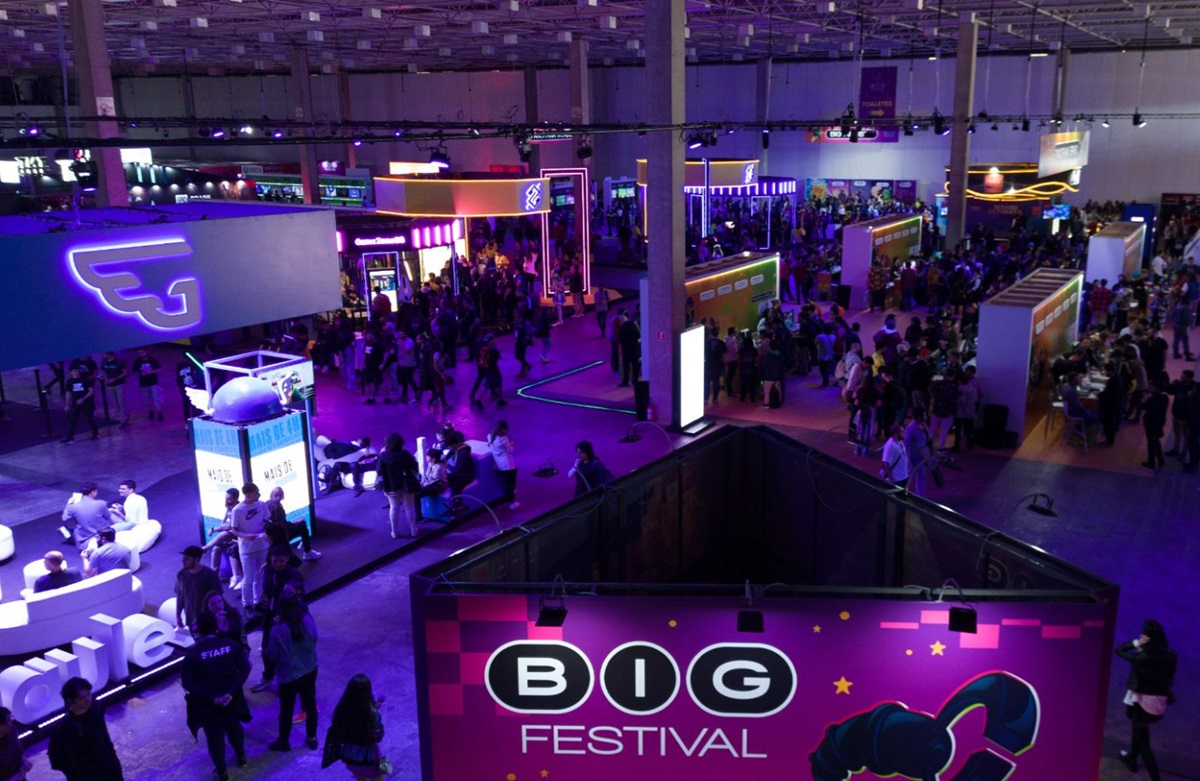Brazil’s growing game industry is seeking official recognition from the government in a vote that may come up before the country’s legislature soon.
As a relatively young industry, gaming always has to be aggressive about getting access to the same cultural and government recognition as other entertainment, as well as tax breaks. Games are also an industry where — at least in most years — there is the promise of job creation in the future.

Unlock premium content and VIP community perks with GB M A X!
Join now to enjoy our free and premium membership perks.
![]()

![]()